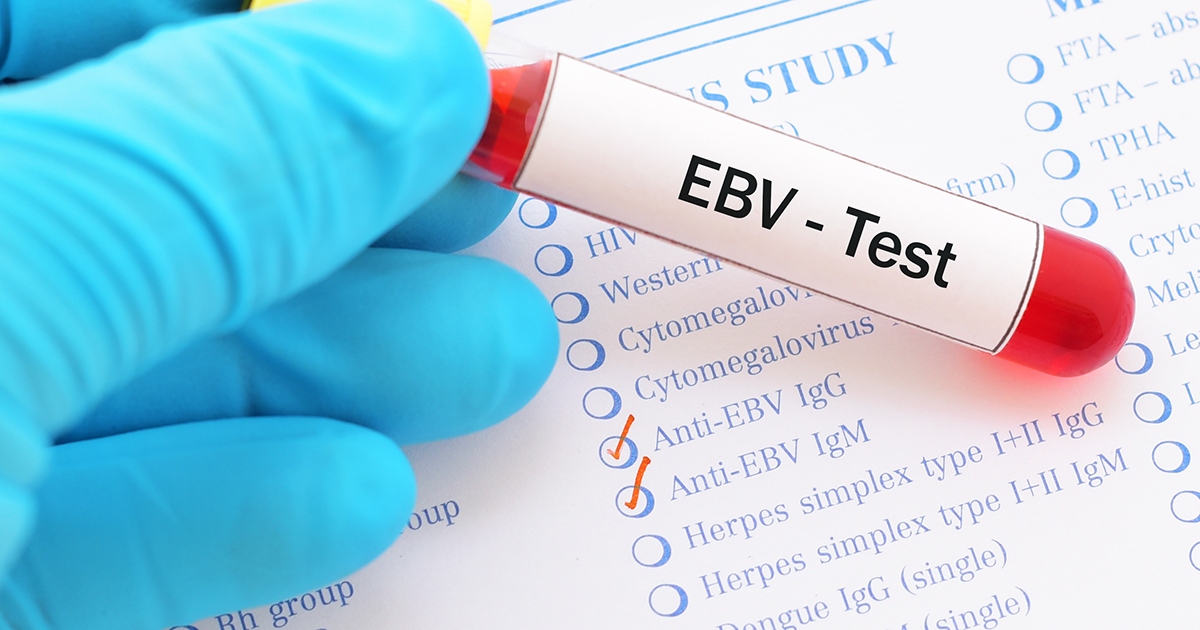Causes And Risk Factors For Guillain-Barre Syndrome
Guillain-Barre syndrome is a rare autoimmune disorder where an individual's immune system inappropriately attacks the healthy cells that make up their peripheral nervous system. An individual's peripheral nervous system functions to connect their brain to the rest of their body. Symptoms of Guillain-Barre syndrome include a tingling sensation in the legs, tingling in the feet and toes, prickling sensations in the fingers and toes, muscle weakness in the legs, muscle weakness that extends to the upper body, loss of bladder control, difficulty with breathing, paralysis, fast heart rate, problems with swallowing, issues moving the eyes, issues moving the face, difficulty talking, problems chewing, and an inability to walk steadily. Diagnosis of Guillain-Barre syndrome is made with a physical examination, spinal tap, electromyography, and nerve conduction tests. Treatment includes plasma exchange, intravenous immunoglobulin, and blood-thinning medication.
Get familiar with the causes and risk factors associated with Guillain-Barre syndrome now.
Campylobacter Infection

Campylobacter infections are found to be the cause of one in every four cases of Guillain-Barre syndrome. Most individuals who develop Guillain Barre syndrome as a complication of a campylobacter infection will develop symptoms within the two months following their infection. When an individual has a campylobacter infection, their body produces antibodies against certain molecules on the surface of the causative bacteria. These molecules that can be found on the surface of some campylobacter strains tend to mimic certain properties of gangliosides or molecules found on cells in the nervous system. The antibodies that develop during the campylobacter infection in an affected individual's body are then directed in an attack against the nerve cells and their protective myelin sheathing. This attack against the nervous system tissues produces inflammation that blocks the proper conduction of nerve impulses and degradation of the nerve axon. This inflammation in the nerve tissues is what characterizes Guillain-Barre syndrome.
Uncover more causes and risk factors of Guillain-Barre syndrome now.
Epstein-Barr Virus

The Epstein-Barr virus causes patients to develop an infection referred to as mononucleosis. The mechanism of which the Epstein-Barr virus causes an individual to develop Guillain-Barre syndrome is not currently known, but it is thought to be associated with similarities in molecular components in the Epstein-Barr virus and the protective covering of the nerve cells. Just like with certain other types of infections, Guillain-Barre syndrome develops as the result of a mistaken immune system attack on the protective components of the nerve cells. Another reason why the Epstein-Barr virus may cause the development of Guillain-Barre syndrome is this type of infection tends to have its main effects on the central nervous system. The proximity of the infection, the patient's immune system, and their nerve cells may promote the development of Guillain-Barre syndrome.
Read more about what can trigger the development of Guillain-Barre syndrome now.
